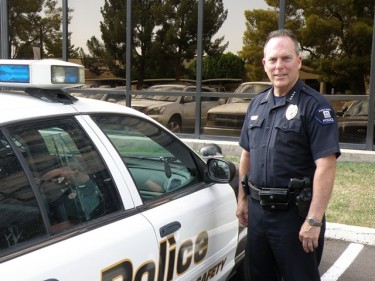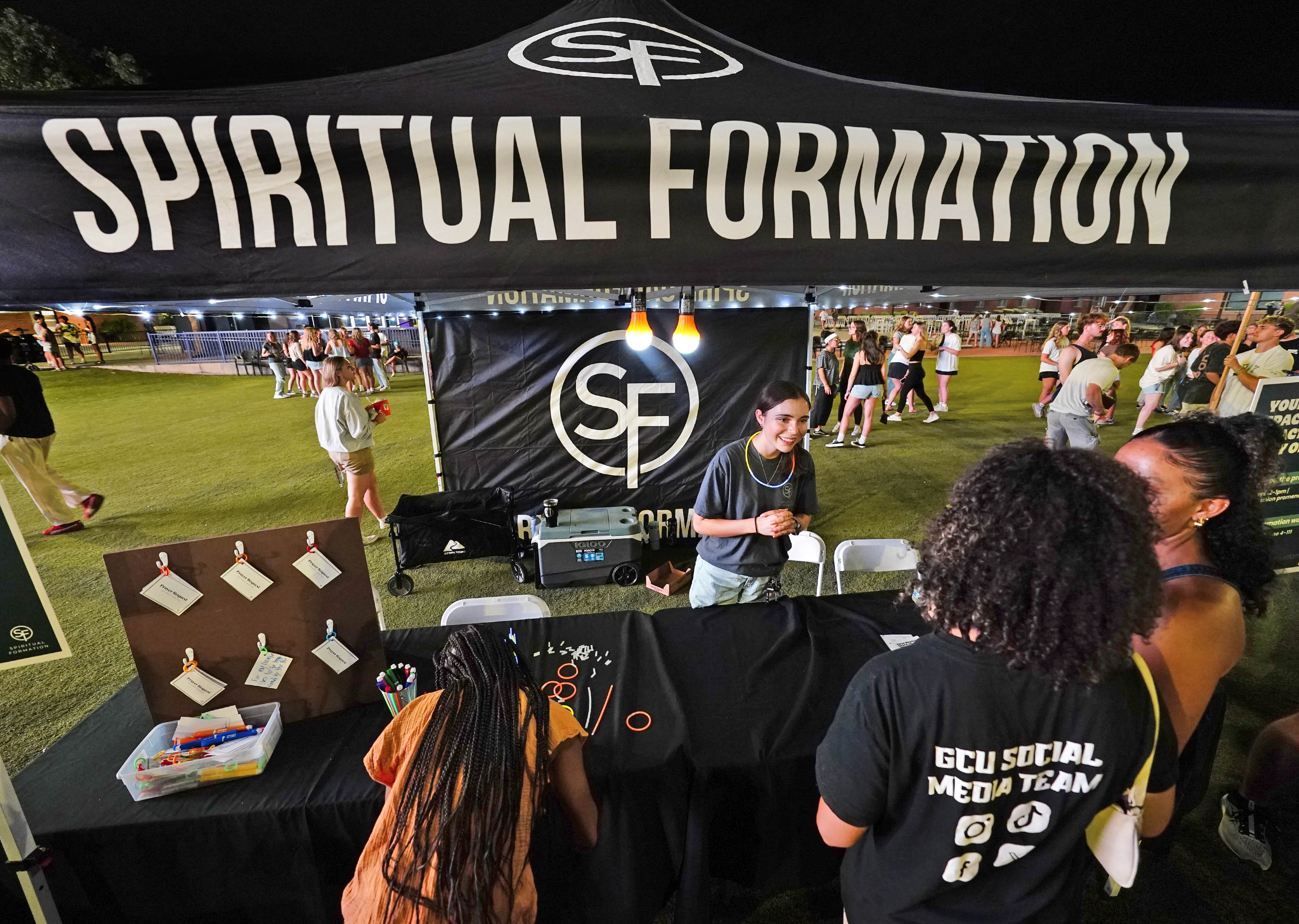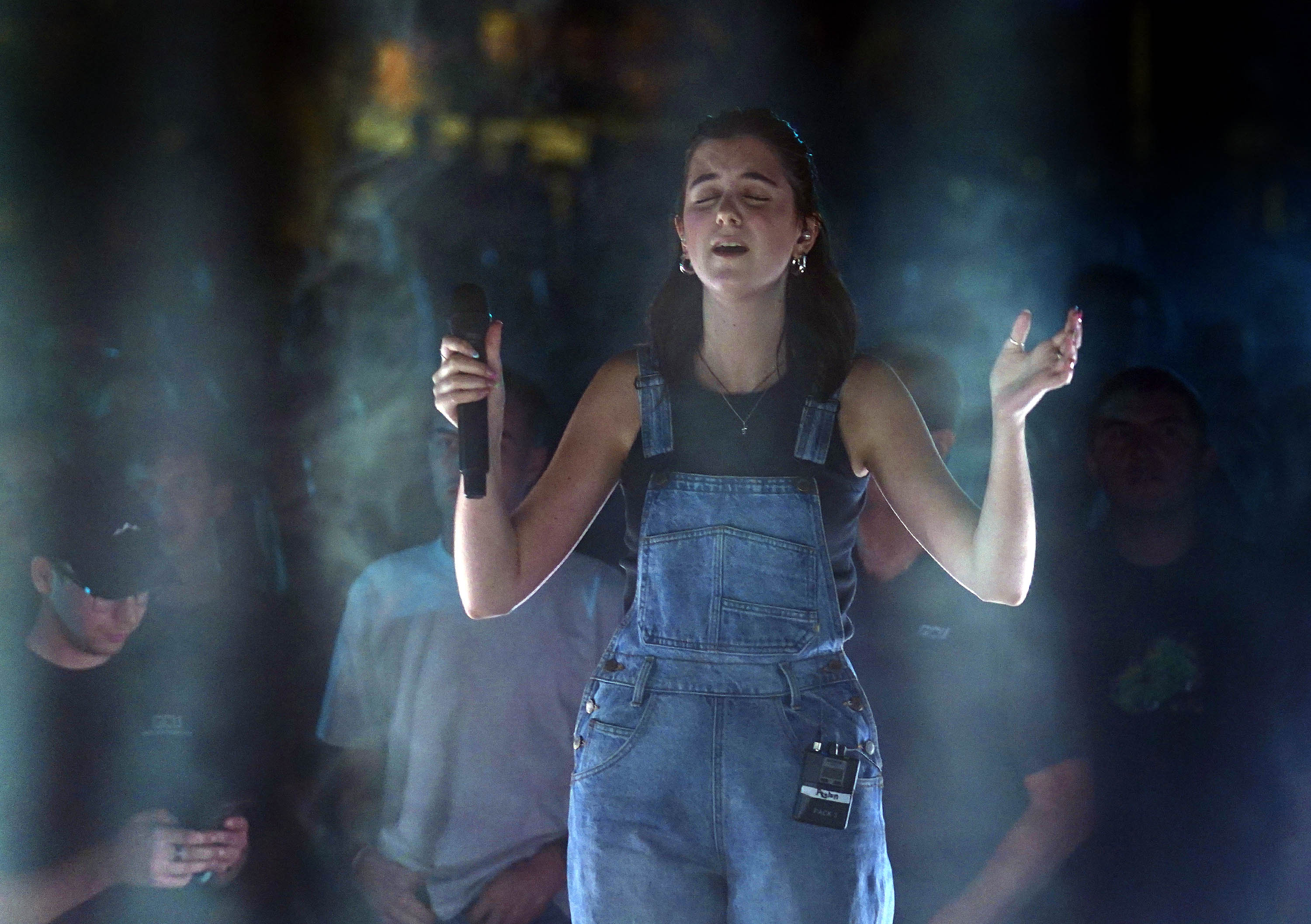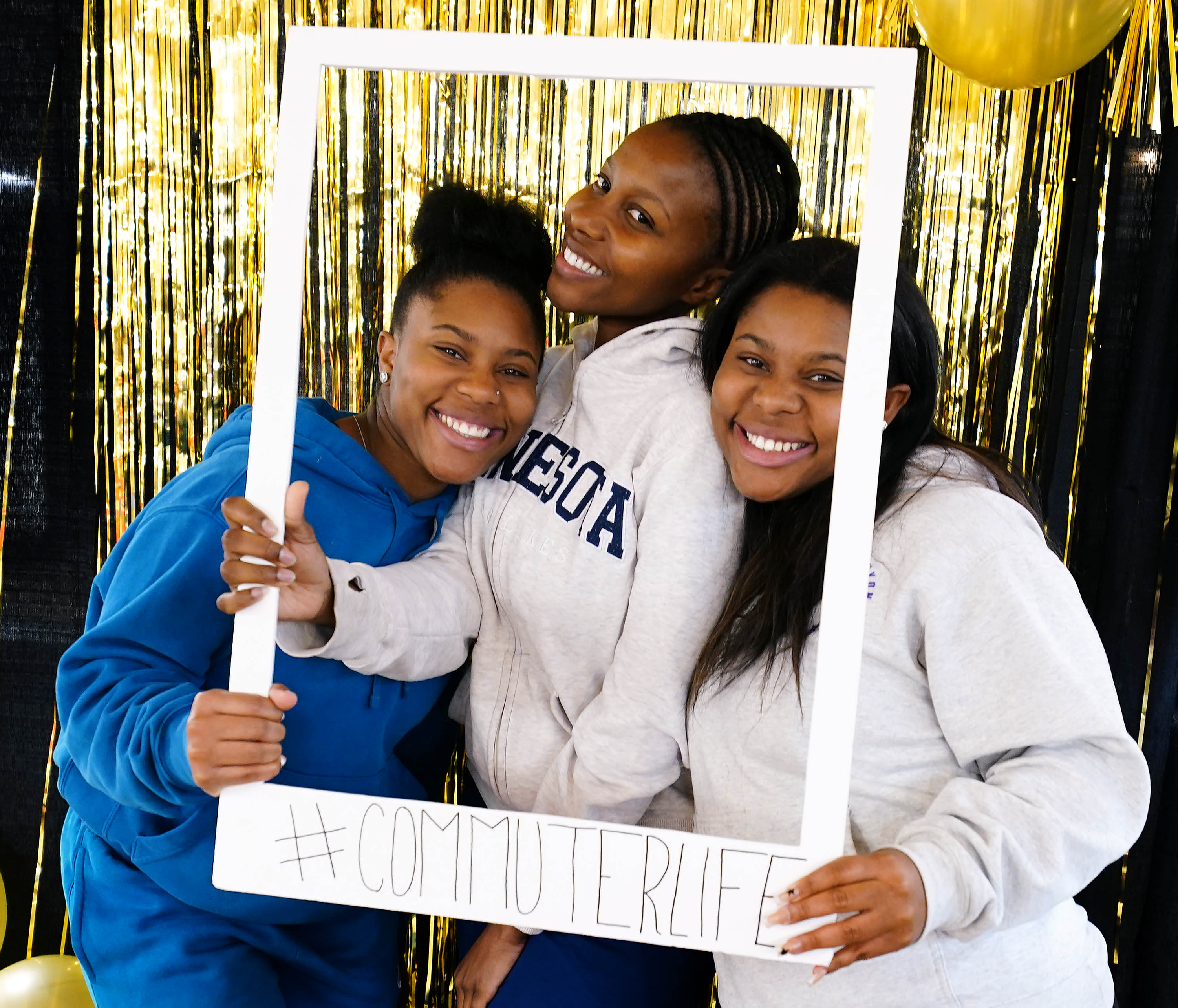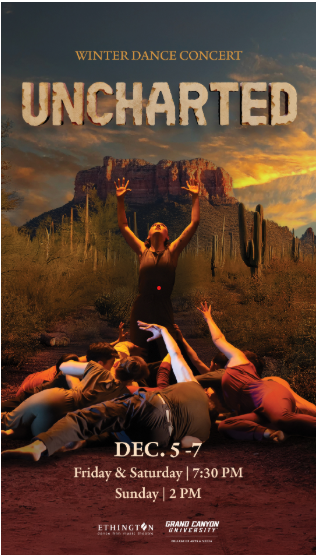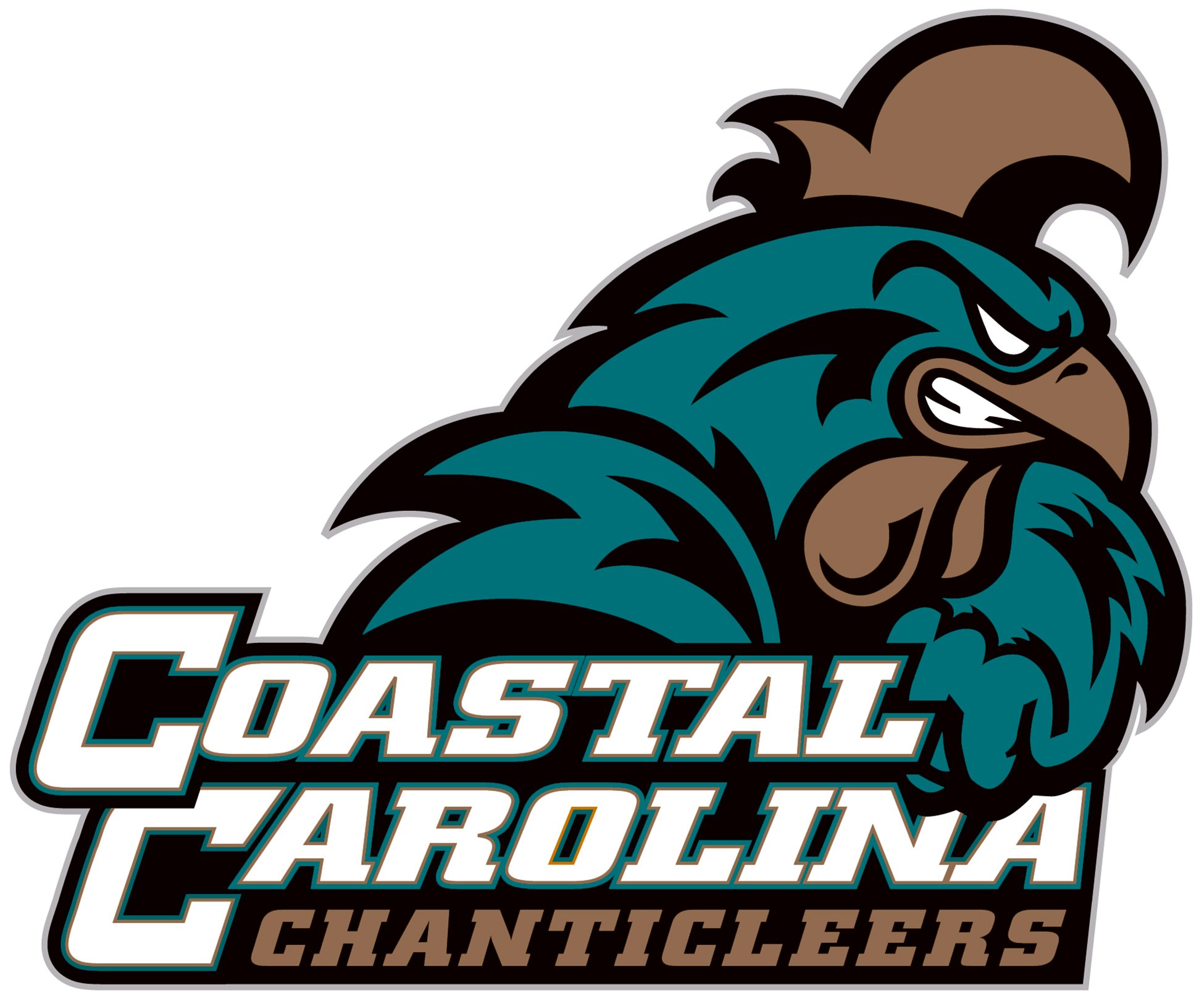By Doug Carroll
GCU News Bureau
Imagine being police chief of a city of 275,000. Pretty big job, right?
Now imagine that those people aren’t all in one place. In fact, they’re scattered in nearly a dozen locations over 9,000 square miles. But you’re still responsible for their safety.
The scenario describes what Mikel Longman does every day. As chief of police and director of public safety for the Maricopa Community Colleges in metropolitan Phoenix, he oversees 10 campuses populated by 265,000 students and more than 10,000 employees.
Longman, 58, a graduate of GCU with a bachelor’s degree in public safety administration, has been on the job since January of 2012. Although he served for 34 years in a variety of police positions in Arizona, it was a two-year stint as police chief for the University of Northern Colorado in Greeley, Colo., that best prepared him for his current post.
“Collegiate policing is a unique discipline,” says Longman, a Tempe native who couldn’t pass up a chance to move home with his wife and be closer to their seven grandchildren.
“With this, a community policing orientation is your bread and butter, and a college or university is a community unto itself. You have to look at it as a small, compact city.”
In Colorado, Longman supervised 15 police staff and 15 civilian employees on a campus of 15,000. He says he could walk the entire campus “in a couple of hours.”
The numbers and geography of the Maricopa system don’t allow anything like that. He has 44 officers and more than 400 unarmed public safety aides, and the system extends out to Paradise Valley, South Mountain, Chandler-Gilbert and Estrella Mountain.
Longman and his recently hired deputy, David Denlinger — another GCU alumnus — try to visit each campus at least once a week. That can put 150 miles a day on a car.
Standardization and centralization of police and public safety functions was what the Maricopa system hired Longman to do, and he has been busy converting each campus unit into a “precinct” with its own commanding officer. Previously, each campus unit operated mostly on its own. Soon a headquarters facility will be built in Tempe.
“Our chancellor has championed a ‘One Maricopa’ concept,” Longman says.
While serving as a lieutenant for the Arizona Department of Public Safety, Longman says he saw value in pursuing his degree with GCU, even though he didn’t know at the time where his career would lead.
As it turned out, that degree opened doors. He couldn’t have landed the Colorado and Maricopa positions without it. And an earlier stint as chief of the Criminal Investigations Division for DPS would have been closed to him, also.
“When I look back over my career, each job has prepared me for the next one,” says Longman, who began in 1976 on the Navajo Reservation and also has supervised an undercover narcotics squad and worked as a paramedic on a rescue helicopter.
Longman says campus police officers have learned over the years to embrace community-oriented policing and to always remain vigilant.
“Behavioral intervention” teams meeting regularly to identify potential problems have been key in some places. In Colorado, that kind of collaboration helped Longman identify a troubled graduate student who eventually was suspended, expelled and taken into custody after a confrontation.
“We could have made the news, and not in a good way,” he says of the situation. “It takes vigilance, and that’s what you lose sleep over. You have to be prepared for the unimaginable.
“You can’t effectively deliver public safety services without establishing cooperative partnerships within your community.”

